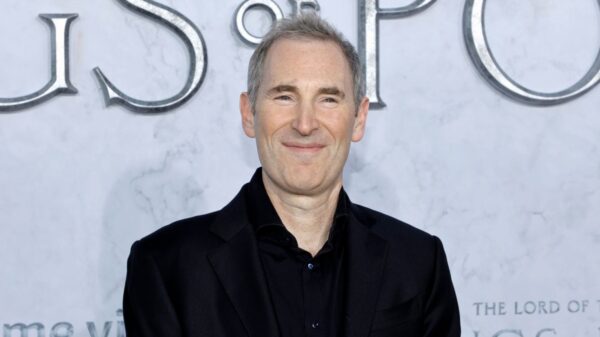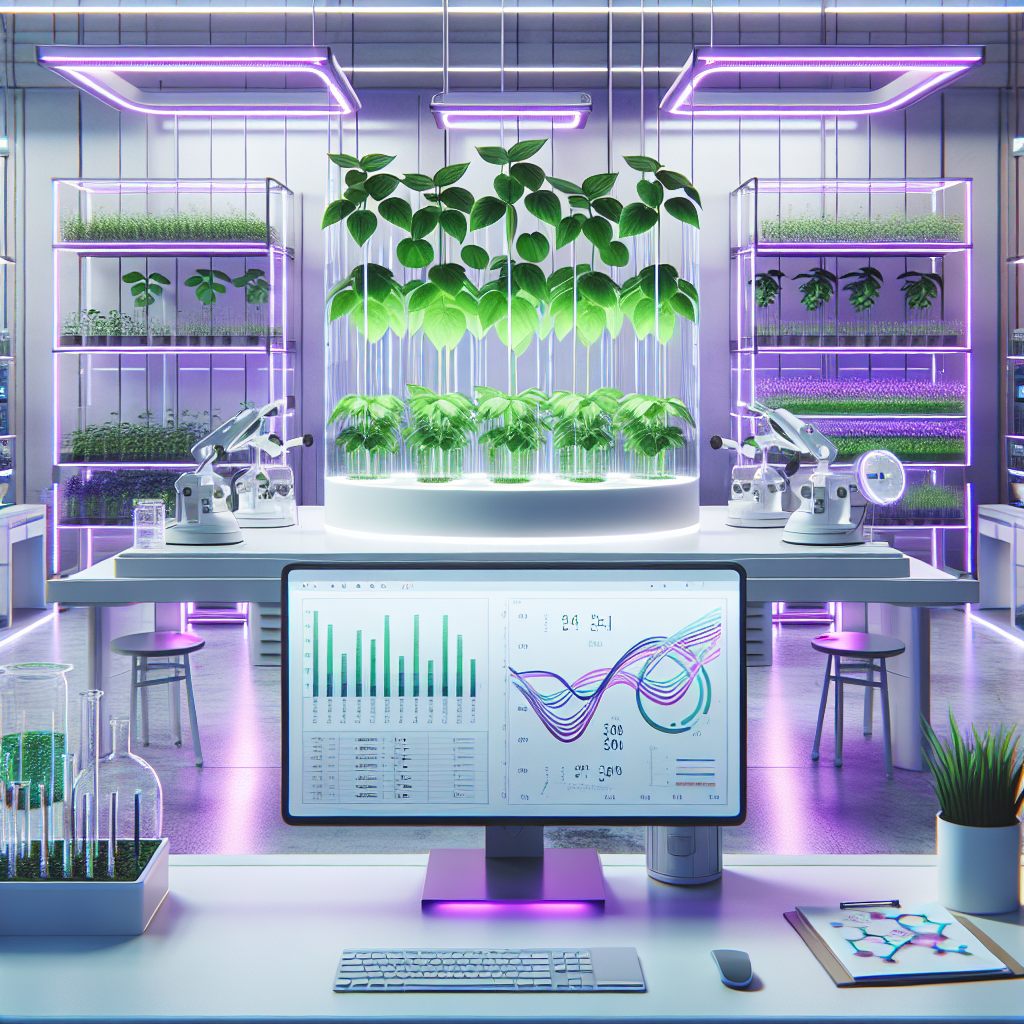The beauty industry is undergoing a significant transformation driven by biotechnology, particularly in the realm of influencer marketing. As consumers increasingly demand products that are effective, ethically sourced, and tailored to individual needs, brands are leveraging biotech innovations to reshape how they connect with their audiences.
Biotechnology’s Role in Beauty
Biotechnology in the beauty sector involves utilizing biological systems and organisms to create new ingredients and formulations. This includes innovations such as lab-grown ingredients and genetically modified microbes that produce natural compounds. Companies like Fenty Skin, Estee Lauder, and L’Oreal are embracing these advancements to develop clean, effective products. With rising consumer interest in transparency and sustainability, brands are increasingly focused on scientific research and ethical practices.
By integrating AI and machine learning, these companies can analyze skin types and recommend personalized skincare solutions. This commitment to customization enhances the consumer experience, allowing individuals to receive products tailored specifically to their needs.
The Power of Influencer Marketing
The intersection of biotechnology and influencer marketing presents a unique opportunity for brands to build credibility. Influencers play a crucial role in establishing trust, and the scientific narratives provided by biotech innovations offer compelling stories for them to share. Through collaborations with biotech brands, influencers can create educational content that explains the research and technology behind products, effectively bridging the gap between complex science and everyday consumers.
For example, influencers can demystify biotech products by showcasing their benefits in relatable terms. This approach not only enhances consumer understanding but also positions influencers as thought leaders within the beauty industry.
As consumers become more discerning, they prioritize authenticity and transparency in their beauty purchases. Influencers who partner with biotech brands are often perceived as more trustworthy due to the scientific foundations of the products they promote. Brands that invest in storytelling about their biotech processes and sustainability efforts can forge strong partnerships with influencers, fostering a community rooted in shared values.
Brands such as Notox and Biossance exemplify this trend by highlighting their commitment to biotechnological advancements. These companies encourage influencers to share personal experiences and honest reviews, amplifying the brand message and cultivating a loyal customer base.
Emphasis on Sustainability
In today’s market, sustainability is no longer optional; it is essential. As consumers grow more environmentally conscious, the beauty sector faces pressure to reduce its carbon footprint and adopt sustainable practices. Biotechnology is at the forefront of this movement, developing eco-friendly formulations and sustainable sourcing methods.
Brands that emphasize their commitment to sustainability can attract eco-conscious influencers who are passionate about promoting green beauty initiatives. Influencer partnerships centered around biotechnology can advocate for sustainable practices, highlighting how lab-created ingredients minimize environmental impact compared to traditional sourcing methods. Additionally, influencers can lead campaigns focused on eco-friendly packaging, cruelty-free testing, and product recyclability, weaving a cohesive narrative around sustainability.
Challenges Ahead
While the rise of biotechnology in beauty influencer marketing offers exciting prospects, challenges remain. The complexities associated with biotechnology may deter some consumers who prefer conventional products. Furthermore, ensuring that influencers are well-informed about the science behind the products is essential to maintain credibility and avoid misinformation.
Brands must also navigate regulatory hurdles to ensure compliance with safety standards while effectively communicating their biotech advantages. As influencers are often seen as extensions of a brand, their understanding of these nuances is vital for establishing trust with their audience.
Looking Forward
The future of biotechnology in influencer marketing appears promising as innovations continue to evolve. Advancements in personalized skincare, sustainable practices, and educational content will likely reshape the beauty marketing landscape. Brands that recognize the potential of passionate and informed influencers will strengthen their connections with consumers, fostering a community built on shared values.
The alliance of biotechnology and influencer marketing is more than just a trend; it signifies a transformative approach to beauty that prioritizes science, transparency, and sustainability. As this revolution progresses, it is poised to redefine the narrative of beauty, creating a new paradigm where innovation and authenticity coexist seamlessly.





































































